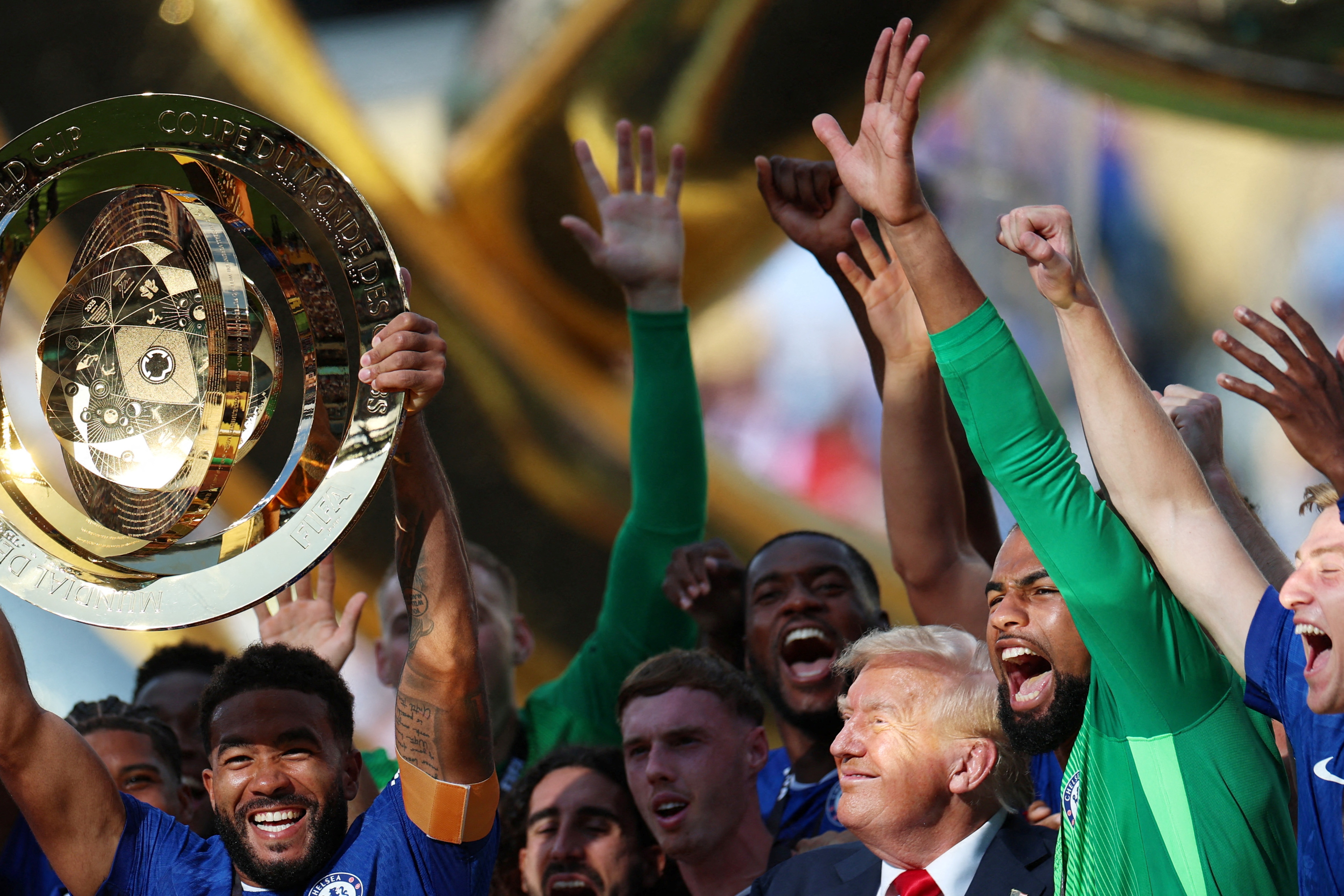 |
Just before the 2025 FIFA Club World Cup final, FIFA President Gianni Infantino declared firmly: "We can confirm that this tournament is a big, big, big success."
The announcement was made at Trump Tower — a symbol not only of New York but also of the self-declared victory that has come to be associated with Donald Trump.
The stands were empty, the audience was indifferent.
Indeed, it is not difficult to see that Infantino is following the familiar "media playbook" of the tower boss: repeating a positive message to create a sense of truth, when the reality may be completely opposite. And judging by what happened throughout the tournament, it seems that this "great success" only exists in the imagination of the head of FIFA.
One of the key indicators of a tournament’s success is attendance. But right from the group stage, the Club World Cup has seen a series of matches played in front of near-empty stands. Ulsan HD’s match against Mamelodi Sundowns drew just over 3,400 spectators – a figure that, as Infantino likened to it, would have been a disaster if it had been a Super Bowl.
Even European giants like Paris Saint-Germain, Bayern Munich, Manchester City, Juventus and Chelsea played in stadiums with tens of thousands of empty seats. Atletico Madrid's match had more than 60,000 empty seats, while Inter Milan - the runners-up in the Champions League - played a knockout match with only about a quarter of the seats filled.
FIFA seemed overly optimistic that American audiences would pay hundreds of dollars to watch every game, regardless of the team. Tickets were sold at high prices, then slashed to try to salvage the audience — to no avail.
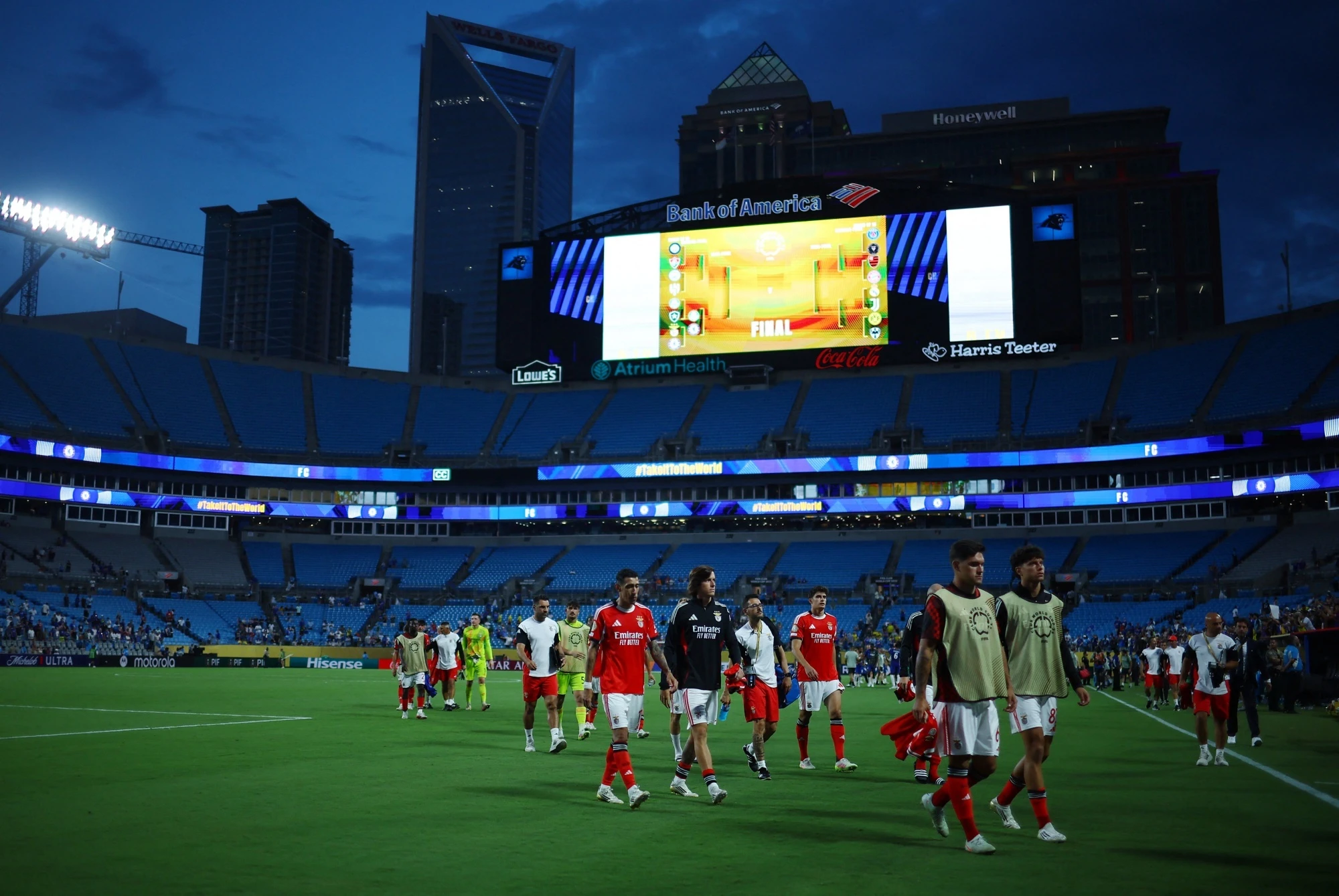 |
The match between Chelsea and Benfica lasted nearly 5 hours. |
Not only the ticket prices, many organizational factors also show FIFA's lack of sensitivity to the market. Choosing to play in the summer, under the scorching sun of the United States, makes the playing conditions harsh. Marc Cucurella and Enzo Fernandez frankly said that the weather is not safe for the players, and directly affects the quality of the game.
Some matches were delayed for hours due to bad weather, such as Chelsea's match against Benfica, which lasted nearly five hours. Coach Enzo Maresca even called the tournament a "joke" after the match. FIFA has also been accused of deliberately adjusting the schedule to cater to the European television market - where, ironically, viewers are not very interested in watching the tournament.
3 billion viewers - real or fake?
The Club World Cup's claim that it was watched by 3 billion people is perhaps the most egregious example of FIFA's "redefinition of reality." It's unclear whether that's a cumulative total, concurrent viewers, or simply a figure chosen because it sounds good. FIFA doesn't release specific data for individual countries or individual matches, and observers have reason to suspect that the figure is exaggerated.
It is worth remembering that many TV stations refuse to buy the rights, and many matches are not broadcast on popular channels. That is, even on TV, the coverage of the tournament is very limited.
While FIFA has been aggressively expanding the league, lengthening the season and increasing the number of matches, those most affected – the players – have had no say. FifPro, the global players’ body, has been excluded from meetings on the schedule. They have likened FIFA to “Nero’s Rome”, leaving players to “sunburn” in 45C heat.
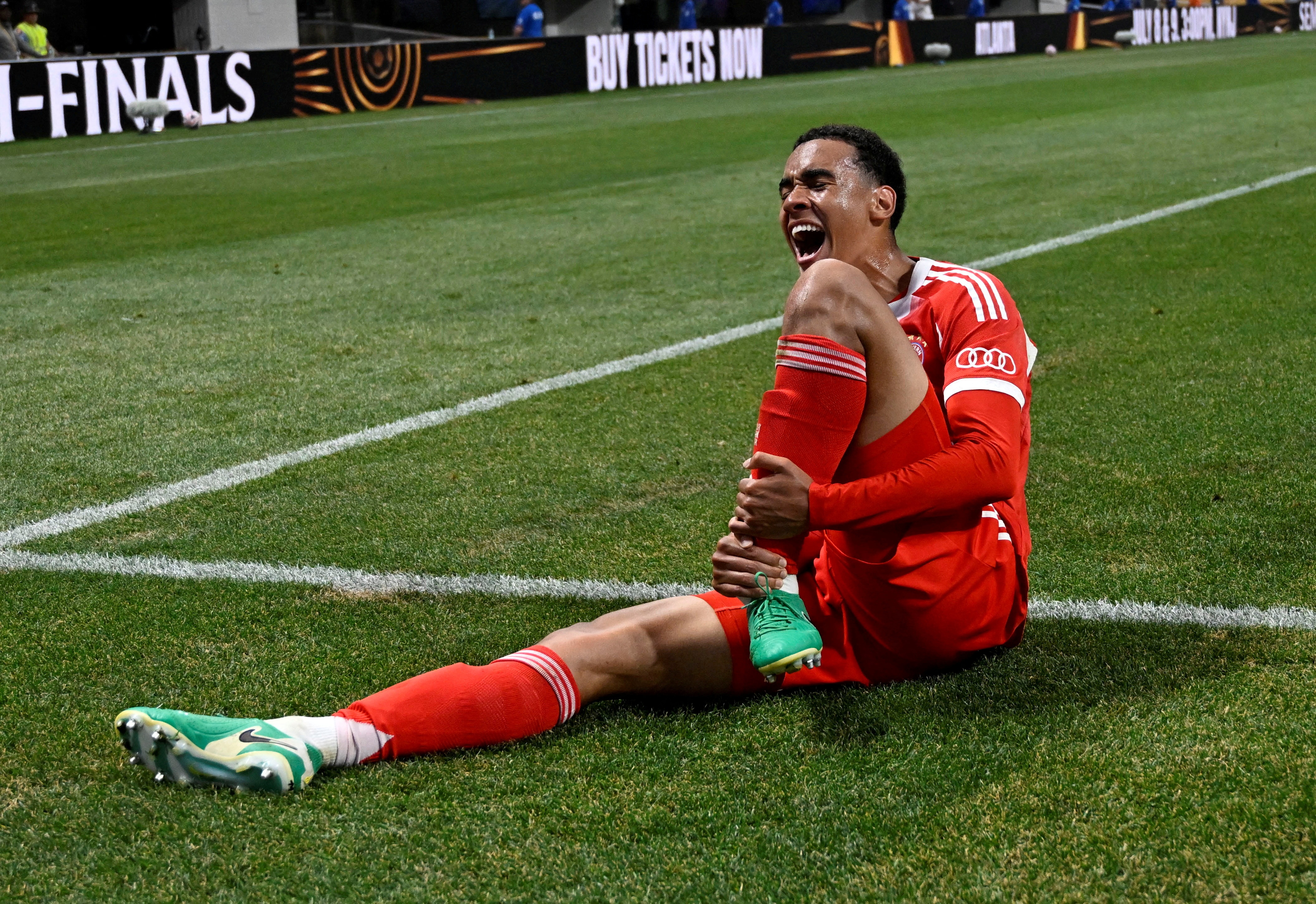 |
Jamal Musiala - Bayern Munich's young talent - was injured at the Club World Cup. |
Bayern Munich's young talent Jamal Musiala was injured at the Club World Cup. Maresca, who lifted the trophy with Chelsea, said that the thing he was looking forward to most after the tournament was... having three weeks off.
The tournament takes place right in the middle of two seasons, making it difficult for teams to decide whether to consider it as the end of the old season, the beginning of the new season, or just a chance to “build their brand”. That half-hearted nature makes many people wonder: is it necessary to organize this tournament?
Not everyone believes it's a "good idea"
Jurgen Klopp once described the Club World Cup as “the worst idea ever in football”. On the other hand, those who work for FIFA – such as Arsene Wenger – are in favour. But this opposition partly reflects the gap between those who make the decisions and those who actually play the game every day.
FIFA may have created a playing field for teams from all continents, and some of the matches were of high quality – like Al Hilal's win over Man City, or the thrilling stoppage-time between Real Madrid and Dortmund – but overall, the tournament still can't compare to the Champions League in terms of drama, excitement and prestige.
PSG - despite losing the final - are still considered the strongest team in the world . The Club World Cup was just a dull end to their journey last season.
FIFA calls this the “golden era of global club football”. But if that era begins with a tournament marked by tired players, indifferent fans, empty stands, and uninterested television coverage, then the definition of “golden” needs to be rethought.
FifPro said bluntly: “The Club World Cup is a fantasy created by FIFA, lacking dialogue, lacking respect and lacking listening.” And perhaps, only in Gianni Infantino’s logic, can that fantasy become reality.
“Big, big, big success”? Just an empty slogan, not a reality.
Source: https://znews.vn/fifa-co-that-su-thang-ve-club-world-cup-post1569016.html






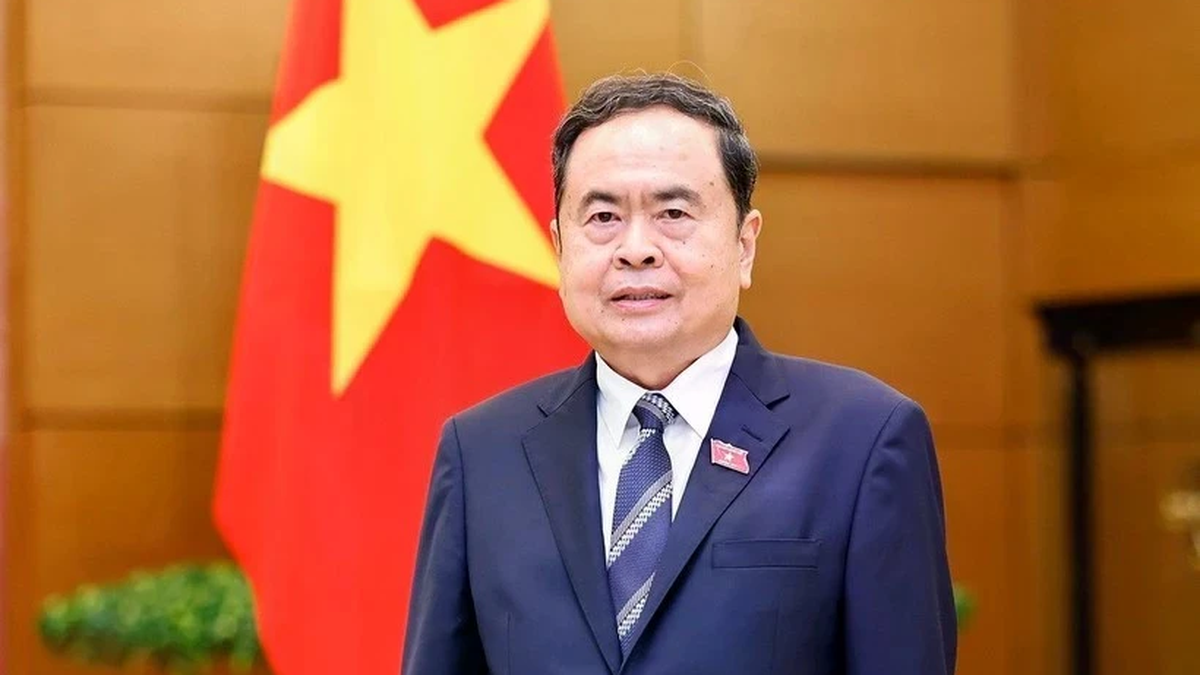




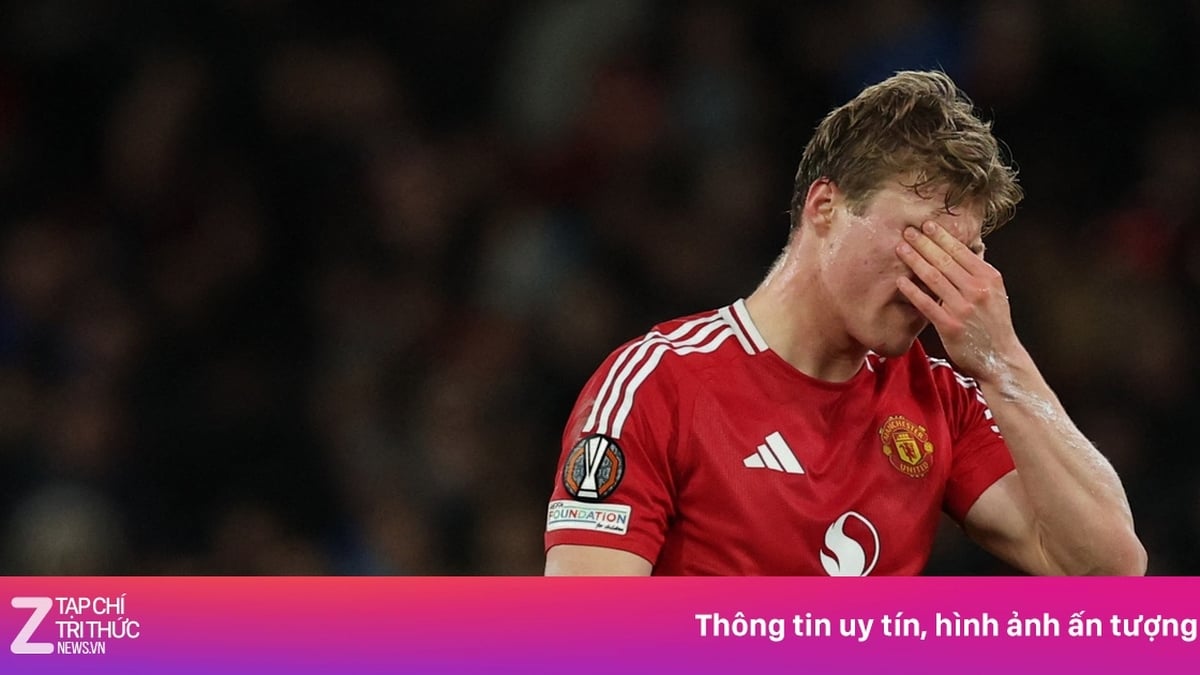












![[Photo] National Assembly Chairman Tran Thanh Man visits Vietnamese Heroic Mother Ta Thi Tran](https://vphoto.vietnam.vn/thumb/1200x675/vietnam/resource/IMAGE/2025/7/20/765c0bd057dd44ad83ab89fe0255b783)











































































Comment (0)